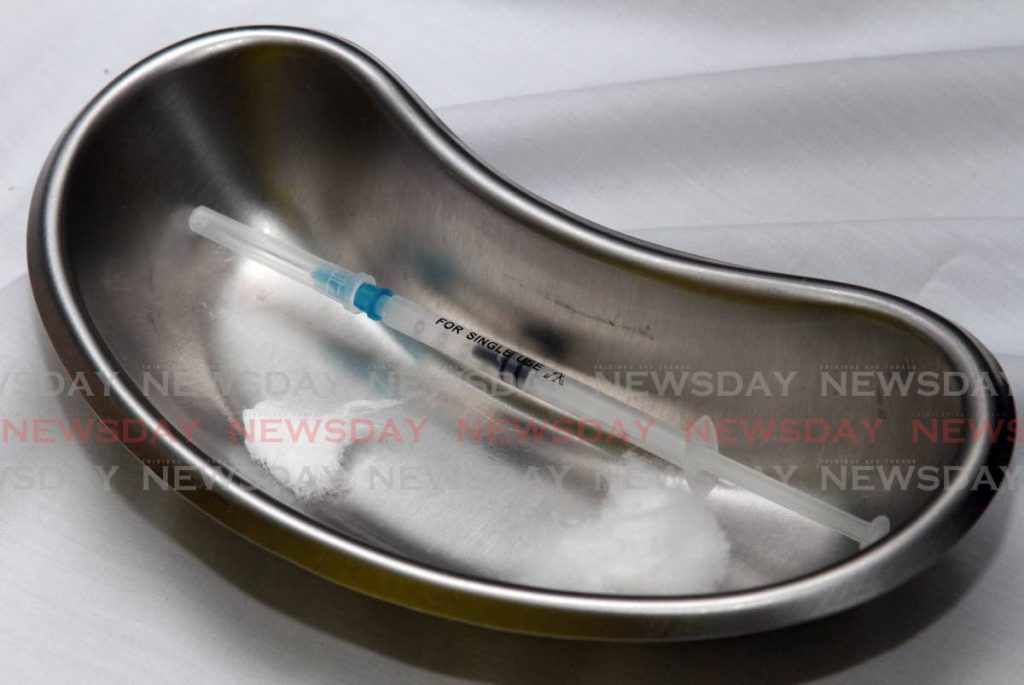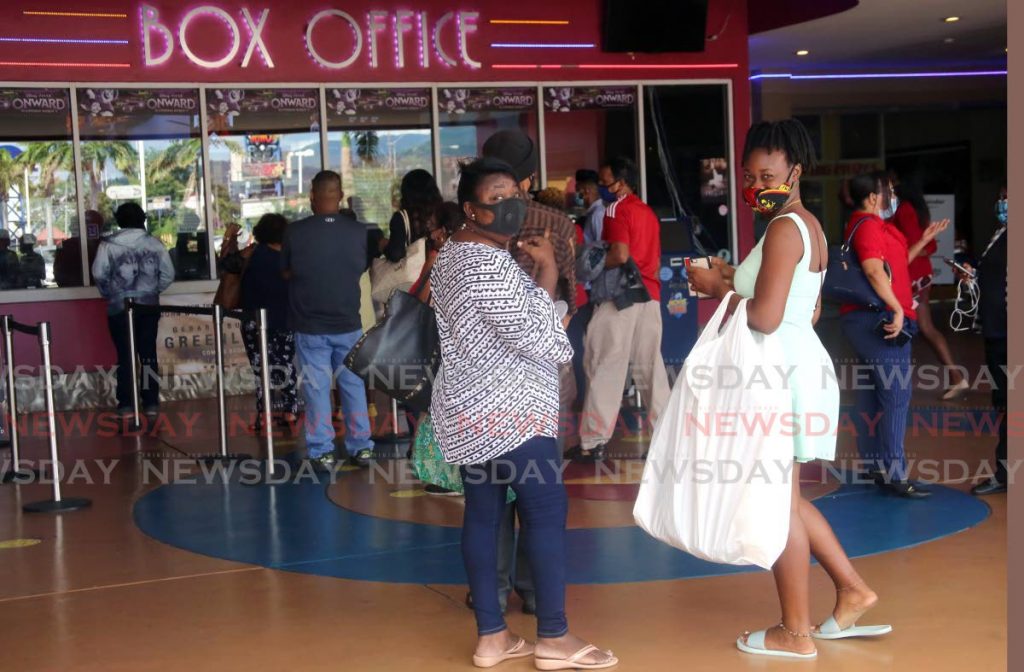Covid19, crime and commerce: a 2021 outlook

Today I will present readers with my reflections on events and circumstances from 2020, and what I believe could happen in the coming months regarding covid19, crime and commerce. This is only intended to simply provoke strategic thought.
Regarding covid19, I had hoped that it would have been the government’s aim to start normalisation of activities by the second or third quarter of 2021, given that our borders have been closed since March 2020. Also, given that in September 2020 our health minister relayed that an order of approximately 400,000 vaccines would be acquired through the agreement we have with Covax. We made a downpayment of US$1.477 million and our first shipment should be 20 per cent of the order or 80,000.
At the start of January, however, the minister said the vaccination process will begin in March, with 50,000 doses. If this is the case, and as new reporting suggests, we will get vaccines for 25,000 people or 1.8 per cent of population, every five to six weeks. Therefore, it will take about a year to vaccinate about 15 per cent of the population. The question that now arises is what if immunity lasts for only a year, how long will it take us to realistically get back to normal? I am however optimistic that there is a plan to increase these numbers in subsequent vaccine orders.
The next questions are, how will society, government and the workplace treat with the roll out of the vaccine, and will there be a holistic vaccination policy that considers society’s safety, balanced against our individual rights. We are aware that, about a decade ago, Britain and Europe eventually stopped administering the swine flu vaccine after they discovered an increase in narcolepsy in people vaccinated between the ages of 14 to 19.
There is a genuine safety concern about this new covid19 vaccine, given the novelty of the virus and the new technology used in the quick manufacture of the vaccine. This concern seems to be shared among staff of some US medical institutions given the unexpectedly high percentages of healthcare workers who are refusing the vaccine. Most of them have cited concerns over the unknown side effects of the vaccine as the reason why. Truth be told, there are a high number of black and brown people employed in the health profession and because of historical events they have become very distrusting.

Our health minster has announced that vaccination is not mandatory, and the state cannot force anyone to take it. I suspect that soon enough most countries including ours will eventually adopt an entry requirement that anyone entering must show proof of being vaccinated.
A similar policy, unfortunately, cannot be adopted at the workplace. For, what if a worker or workers develop severe and unexpected reactions to the vaccine? Who bears the responsibility for this? In an effort for some companies to go back to normal, I urge managers to give deep consideration to health and human rights as well as take into account all possible consequences if the vaccine is forced upon workers. Let it however be known that I will be first in line when vaccination becomes open to the public.
As it pertains to crime, we had a 35 per cent reduction in violent crime in 2020. This is excellent. The Commissioner of Police believes that this is because of the efforts of sustained policing and not due to covid19, as some claim. He maintains that in the US some states did experience increases in violent crimes last year in the wake of the pandemic. Also due to an increase in unemployment, he believed that under normal circumstances that we too should have seen a rise in these figures.
In the past he had stated that they were prioritising community partnerships, public safety, operational excellence, and professional development, so, are we experiencing the results of those initiatives? But the question remains: do our citizens feel any safer, in spite of the reduced statistics? Last year, we had 96 road fatalities, this figure being the lowest in 64 years. So, for the coming year, I expect the trend will remain and I will continue to support the efforts of the police and what appears to be its new level of public engagement and internal stakeholder motivation.
Thus far, it is looking like we will continue to operate in this new normal for longer than I had anticipated. Most businesses have adjusted as much as they need to in order to continue operations safely and within the requirements of public health orders. But I continue to have much concern for the survival of many long-standing businesses in the entertainment and hospitality industries.
The decisions that each business will need to make will have to centre around getting as many workers as possible back to work while providing a safe environment for its stakeholders.
Our gravest issue will continue to be the impact of the availability of US dollars to our businesses. Government will have to provide incentives for greater diversification and opportunities for export.
Two weeks into 2021 and I feel a greater sense of uncertainty than any other year. There are too many moving parts at play and a lack of information. This is the first time I am starting a year feeling like that proverbial “chaff” not because of my lack of ability to plan, but because our fate continues to be hinged to and victim of all the fallouts of 2020.


Comments
"Covid19, crime and commerce: a 2021 outlook"